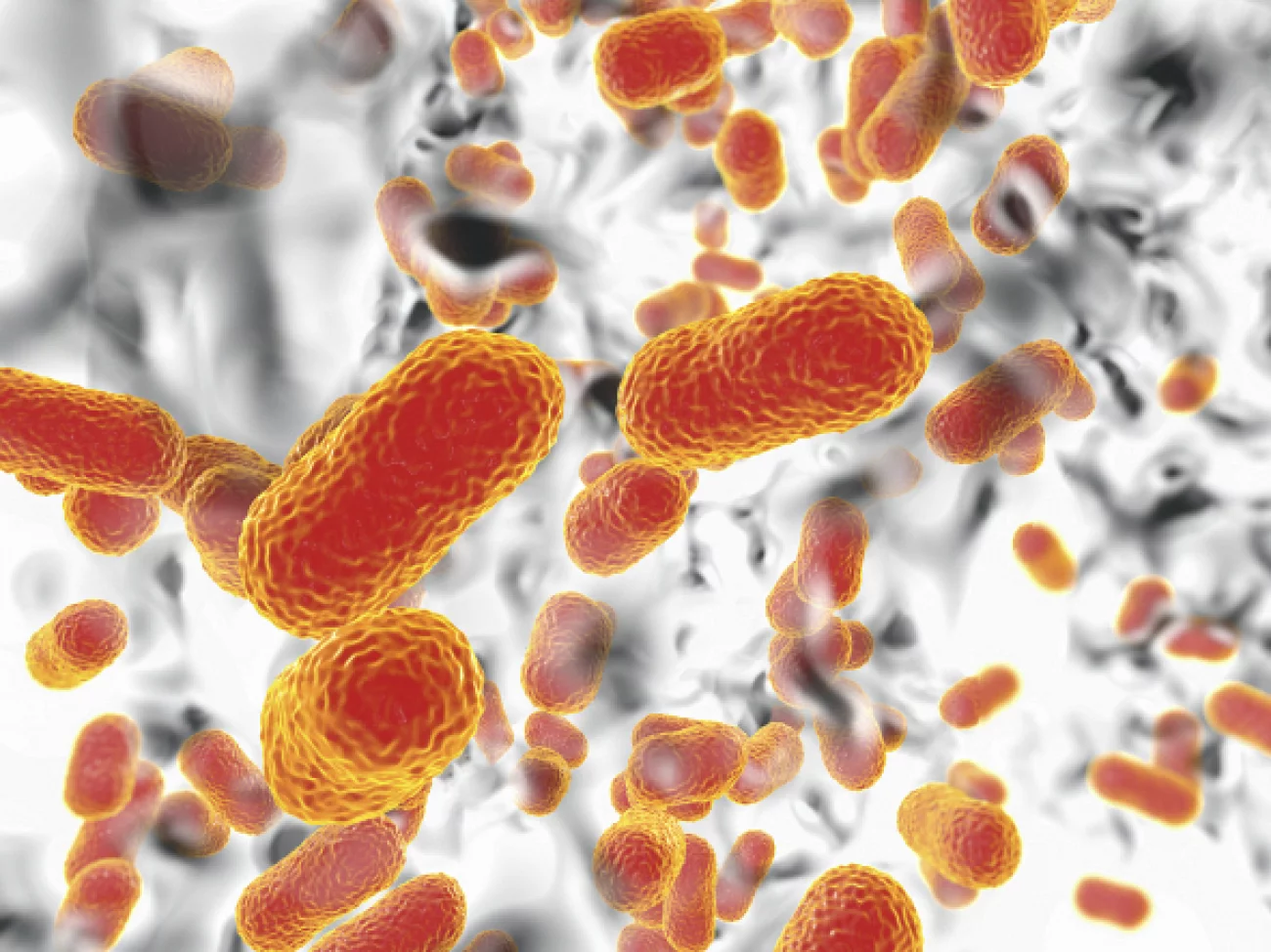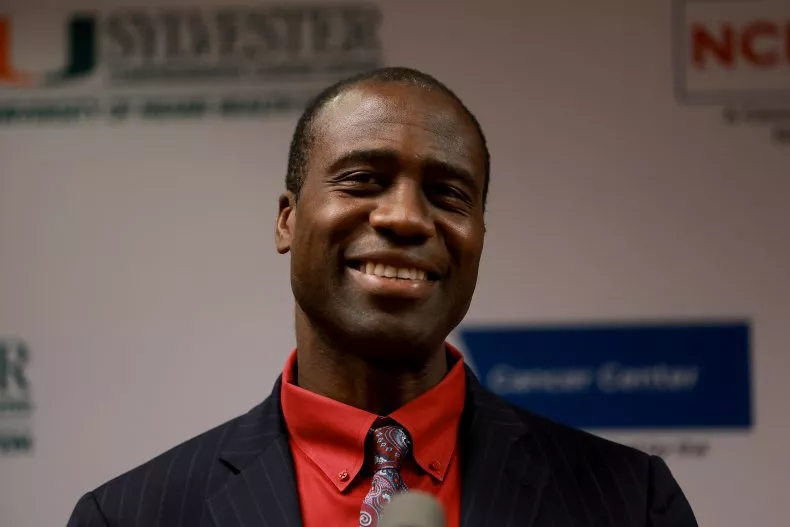
Taking a daily multivitamin does not help people to live any longer and may actually increase the risk of an early death, a major study has found.
Researchers in the US analysed health records from nearly 400,000 adults with no major long-term diseases to see whether daily multivitamins reduced their risk of death over the next two decades.
Rather than living longer, people who consumed daily multivitamins were marginally more likely than non-users to die in the study period, prompting the government researchers to comment that “multivitamin use to improve longevity is not supported”.
Nearly half of UK adults take multivitamins or dietary supplements once a week or more, part of a domestic market worth more than half a billion pounds annually. The global market for the supplements is estimated to be worth tens of billions of dollars each year. In the US, a third of adults use multivitamins in the hope of preventing disease.

 Health Glance
Health Glance



 Florida Surgeon General Joseph Ladapo is raising alarms about what he sees as the risk of potential cancer posed by COVID vaccines.
Florida Surgeon General Joseph Ladapo is raising alarms about what he sees as the risk of potential cancer posed by COVID vaccines.































